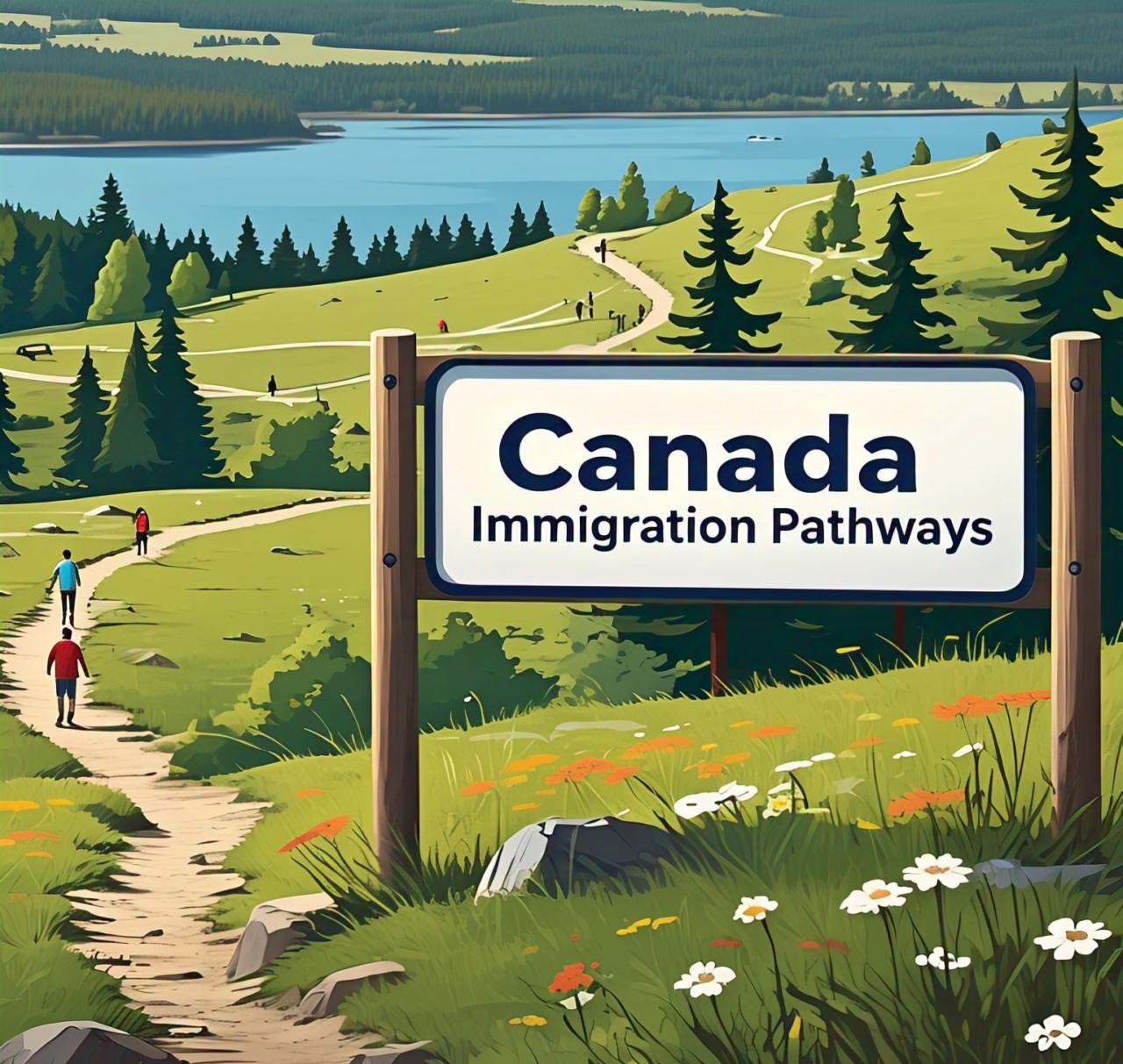In recent times, Canadian immigration updates have been largely filled with restrictions, program cuts, and increasing limitations. However, amidst these changes, two new immigration pathways—RCIP (Rural Community Immigration Program) and FCIP (Francophone Community Immigration Program)—have been officially announced, offering new opportunities for permanent residency in Canada. These programs were initially introduced in March 2024 as potential successors to the Rural and Northern Immigration Pilot (RNIP), which officially ended on August 31, 2024. After months of anticipation, details of these programs have now been published in the Canada Gazette, confirming their structure and eligibility criteria. RCIP & FCIP: What We Know So Far Although the official list of all participating communities has not yet been released, 14 communities under RCIP have been identified, with an additional four yet to be confirmed. Interestingly, Pictou County in Nova Scotia is included, despite Nova Scotia already being part of the Atlantic Immigration Program (AIP). Similarly, communities in Manitoba, Ontario, and British Columbia have been added to the program. On the FCIP side, six francophone communities will be part of the pilot, including locations in New Brunswick, Ontario, Manitoba, and British Columbia. Eligibility & Application Process Both RCIP and FCIP are expected to follow a two-step application process, similar to the RNIP: 1. Community Endorsement: Candidates must secure a job offer from an employer in one of the participating communities and obtain an official endorsement. 2. Permanent Residence Application: Once endorsed, candidates can submit their permanent residence (PR) application to IRCC. The previous RNIP had a fast-processing time of 8–12 months, and it is expected that RCIP and FCIP will follow a similar timeline. Federal Eligibility Requirements While each participating community will have its own additional criteria, the federal requirements are expected to be: 1-Work Experience: At least one year (1,560 hours) of work experience in the past three years (unless exempted through community-based education). 2-Education: Minimum of a Canadian high school diploma (or an equivalent foreign credential assessed by an ECA). 3-Language Proficiency: 4-Job Offer: Must be genuine, full-time, and permanent, from an employer within the selected community. 5-Proof of Funds: Required unless the applicant is already working in Canada. 6-Community Connection: Candidates must demonstrate a commitment to settling in the community, which can be strengthened by previous work, education, or family ties in the area. For FCIP applicants, French language skills will be a key requirement. Those with TEF or TCF scores equivalent to CLB 5 or higher will have a competitive advantage. A New Opportunity for Foreign Workers RCIP and FCIP provide valuable alternatives for individuals who may struggle to qualify under Express Entry due to the high CRS score cut-offs. These programs open doors for foreign workers, allowing them to apply for PR through community-driven pathways. However, with limited spots available, competition is expected to be fierce. Those interested should actively seek employment opportunities in eligible communities and stay updated on official announcements from IRCC and community websites. This is an excellent opportunity for those looking to immigrate to Canada, especially in a time when traditional immigration pathways are becoming increasingly restrictive. If you’re eligible, act quickly to take advantage of these new programs before quotas are filled. Stay tuned for more updates as additional details become available! Let Worldbridge Immigration Services be your guide to a successful future in Canada Contact us: Website: www.theworldbridge.ca Email: info@theworldbridge.ca Phone/WhatsApp: +1-416-727-7766 Social Media: @worldbridgeHQ
Top 5 Essential Documents for Canada Express Entry (2025)
Applying for Canadian permanent residency (PR) through the Express Entry system requires careful preparation, especially when it comes to documentation. Whether you’re applying through the Federal Skilled Worker Program (FSWP), Canadian Experience Class (CEC), or a Provincial Nominee Program (PNP), certain documents are critical for a successful application. Below, we outline the top five essential documents you need and why they matter. 1. Employment Reference Letter A properly structured employment reference letter is crucial for verifying your work experience. It should: Failure to provide a proper reference letter may result in rejection or requests for additional documentation. If you cannot obtain this document, alternative proofs such as pay stubs, tax documents, or a statutory declaration may be required. 2. Educational Credential Assessment (ECA) An ECA report is mandatory if you completed your education outside Canada. It assesses whether your foreign degree, diploma, or certificate is equivalent to Canadian educational standards. Recognized organizations for ECA include: Only the highest level of education needs assessment (e.g., if you have a master’s degree, evaluating your bachelor’s degree is unnecessary). 3. Language Proficiency Test Language proficiency in English or French is a core requirement for Express Entry. Accepted tests include: You must meet the minimum Canadian Language Benchmark (CLB) score required for your program. Since test results are valid for two years, ensure your score is valid at the time of application. Expired test scores may lead to disqualification. 4. Proof of Employment and Salary (Pay Stubs/Bank Statements) For Express Entry, you must demonstrate that your work experience was paid and legitimate. Accepted documents include: Providing complete and verifiable proof of your work experience strengthens your application and reduces the risk of rejection. 5. Police Clearance Certificate (PCC) A Police Clearance Certificate (PCC) is required to confirm that you have no criminal record. You must provide PCCs from: PCCs should be recent (typically issued within six months before submission). If you are unable to obtain one in time, you may submit a letter explaining the delay along with proof of application. Additional Documents (If Applicable) Depending on your situation, you may also need: Final Thoughts Submitting a well-prepared application with accurate and complete documentation increases your chances of successfully obtaining PR in Canada. Double-check all documents before submission and ensure they meet Immigration, Refugees and Citizenship Canada (IRCC) requirements. For professional guidance on your application, consider consulting an immigration expert or authorized consultant. Let Worldbridge Immigration Services be your guide to a successful future in Canada Contact us: Website: www.theworldbridge.ca Email: info@theworldbridge.ca Phone/WhatsApp: +1-416-727-7766 Social Media: @worldbridgeHQ




